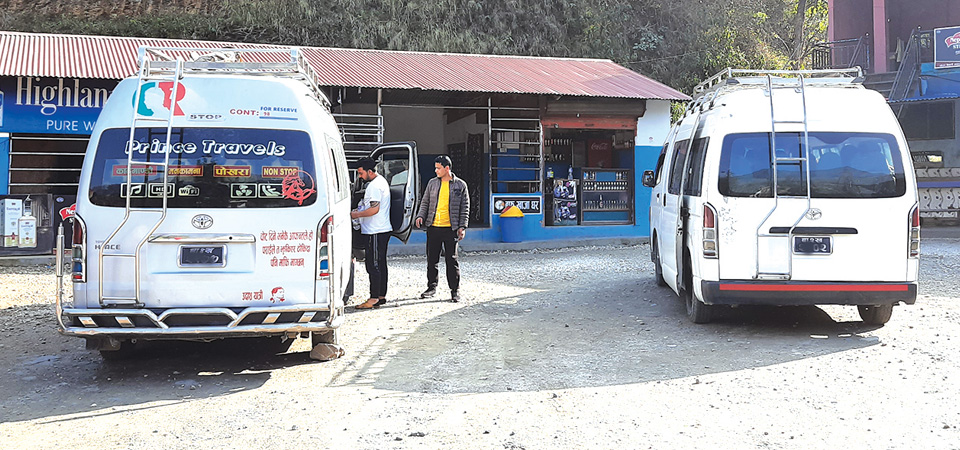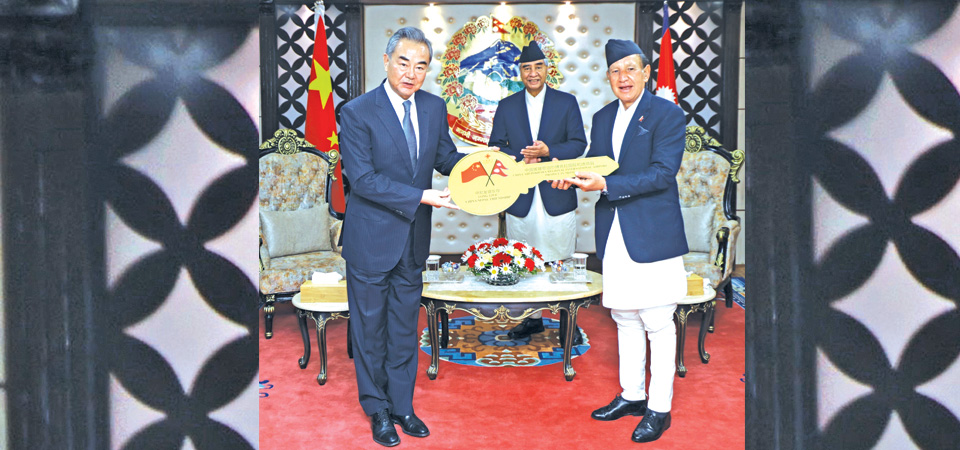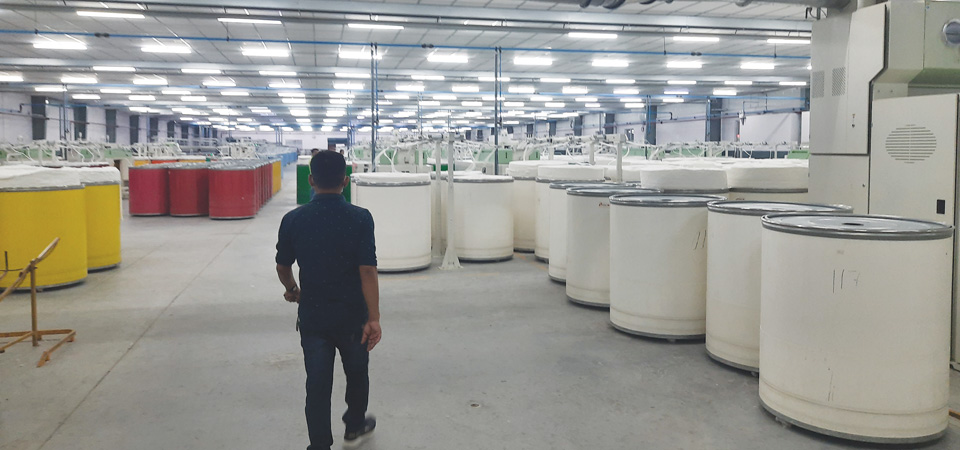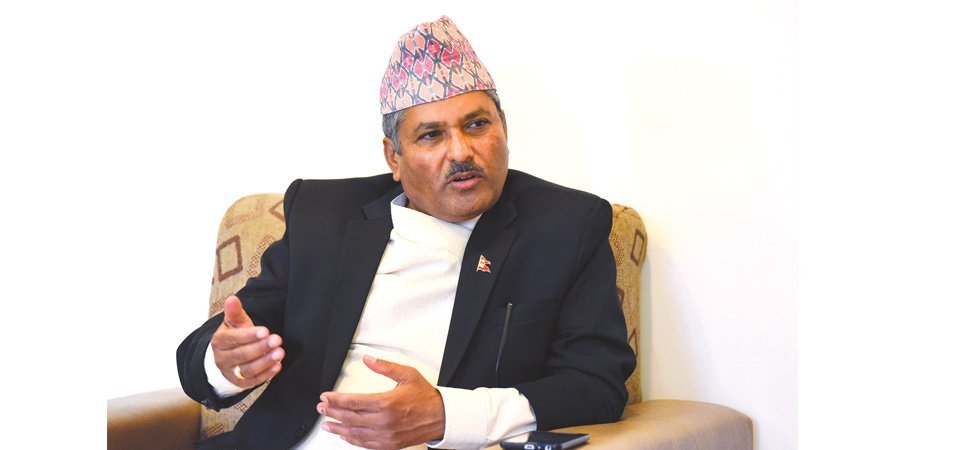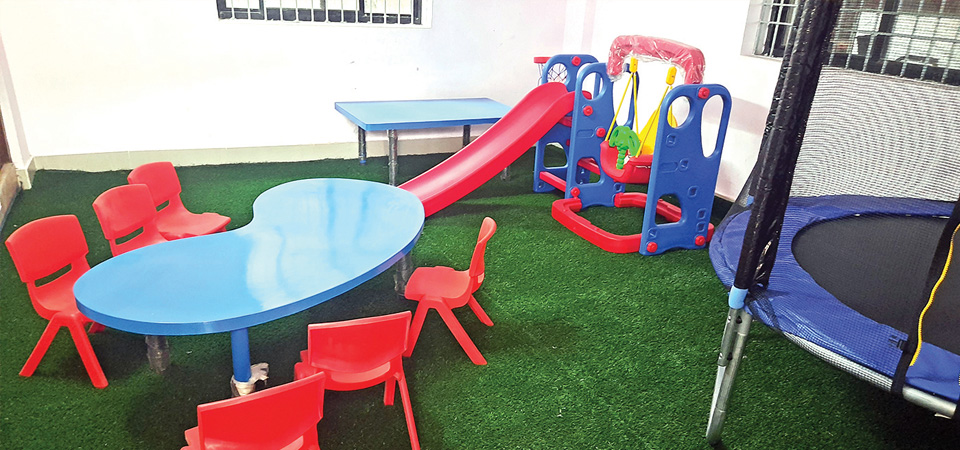SKorea to launch self-employment scheme for returnees
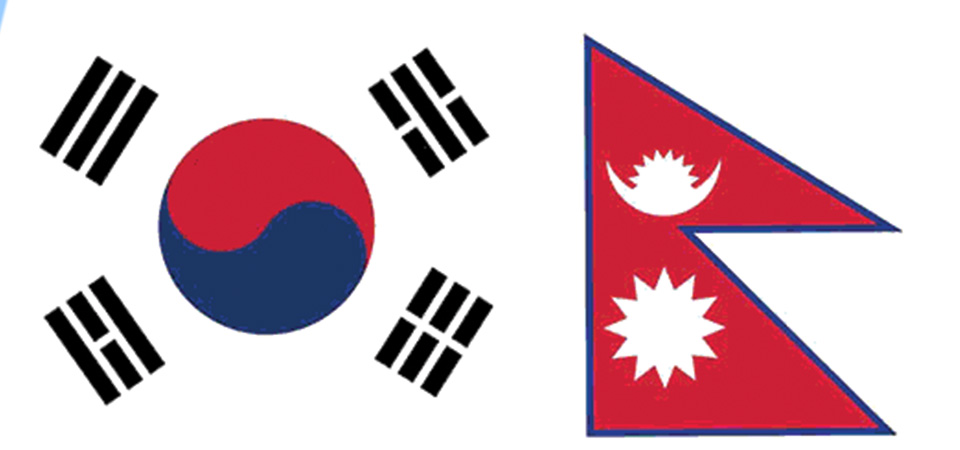
Kathmandu, Apr. 7: The South Korean government has been planning a self-employment programme for Nepali migrant workers who have returned from Korea.
The programme will provide skill training to the returnee migrant workers in Nepal to take up local business, and provide economic support as well.
“We want Nepali workers returned from South Korea to be economically fit so the government wants to launch training programme for them. This is a very big project,” said Kim Un Duck, Representative of Human Resources Development Service of Korea that manages the EPS Centre in Nepal.
According to him, while the Korean government has been planning to launch the programme in all 16 countries included under the EPS, it will be launched in Nepal at first. However, the details of the programme are yet to be published.
He said that Nepali workers have a good reputation among the Korean employers, they have good marks in Korean language test, and are hard working.
Korean employers have the right to demand labour force from certain countries under the EPS programme and Nepal tops their preference list among the source countries, said Kim. Likewise, Nepali workers don’t try to stay illegally in Korea. The employment programme will further motivate them to return home and involve in self-employment.
According to the EPS Centre in Kathmandu, currently, 28,128 Nepalis are employed in Korea. The largest number – 19,654 workers - are employed in manufacturing sector, 8,423 in agriculture, 41 in fishing, seven in construction and three in service.
Meanwhile, South Korea is likely to take 7,000-8,000 Nepali workers under the EPS in 2022. It is taking 59,000 workers from 16 EPS partner countries. Kim had informed on Monday that although there was confirmation to take about 6,000 workers from Nepal, high demand for Nepali workers in Korea could increase the number up to 8,000.
Korea had taken 7,000 to 8,000 workers from Nepal from 2016-2019 but the numbers dropped to 955 workers in 2020 and 389 in 2021 due to the COVID-19 pandemic.
Recent News

Do not make expressions casting dout on election: EC
14 Apr, 2022
CM Bhatta says may New Year 2079 BS inspire positive thinking
14 Apr, 2022
Three new cases, 44 recoveries in 24 hours
14 Apr, 2022
689 climbers of 84 teams so far acquire permits for climbing various peaks this spring season
14 Apr, 2022
How the rising cost of living crisis is impacting Nepal
14 Apr, 2022
US military confirms an interstellar meteor collided with Earth
14 Apr, 2022
Valneva Covid vaccine approved for use in UK
14 Apr, 2022
Chair Prachanda highlights need of unity among Maoist, Communist forces
14 Apr, 2022
Ranbir Kapoor and Alia Bhatt: Bollywood toasts star couple on wedding
14 Apr, 2022
President Bhandari confers decorations (Photo Feature)
14 Apr, 2022




